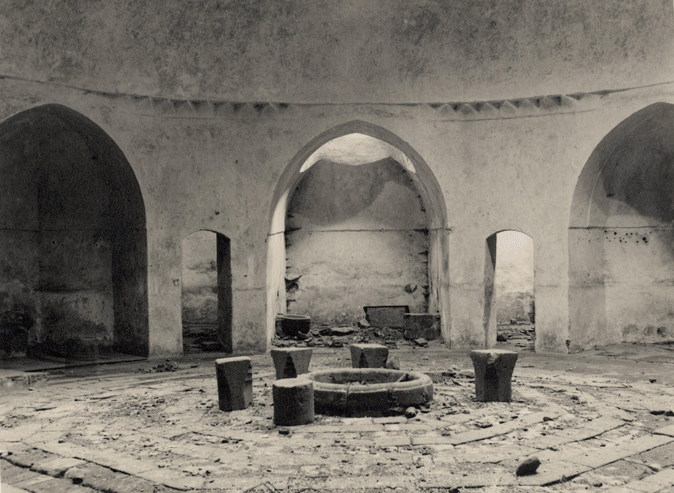Organised by the Istanbul Foundation for Culture and Arts (İKSV), the 5th Istanbul Design Biennial, titled Empathy Revisited: designs for more than one, will be curated by Mariana Pestana and take place on September 26–November 8, 2020.
Starting off from the idea that design comprises the devices, platforms and interfaces through which we relate to one another, the 5th Istanbul Design Biennial will revise the notion of empathy, to reimagine a role for design concerned with feelings, affects and relations.
Invented in the 1910s, the word empathy is nowadays used to describe the capacity to perceive other people’s expressions and feelings, but in the beginning of the 20th century it was much more generous in that it encompassed the relations between bodies other than the human. Now, 100 years after its inception, it seems like the right time to revisit the original sentiment of the term. The ecological crisis we live in can be directly linked with notions of progress and development based on practices of extraction and exploration. The post-human paradigm posits that all things have their own relations with the world, that there is no human/non-human divide but a multinatural continuum across all living and non-living entities.
In a time marked by technological speed and environmental crisis, the 5th Istanbul Design Biennial is attentive to practices of care, rituals of connection, and things we can feel with. Curious about new-animism or indigenous perspectivism, it absorbs southern and eastern influences in the way it thinks about the relations between things, between people, and both. The 2020 edition privileges local knowledges and territorial practices in face of the increasing homogeny of a globalizing world.
Some of the fundamental questions that this edition raises are, what structures of collective feeling does design put forward, and how may we design for, and from, more than one perspective, more than one dimension, more than one body? Under the contemporary post-human philosophical gaze, and in face of the current technological horizon, these gestures gain a whole new potential.
Empathy Revisited: designs for more than one celebrates commensality and other protocols for sharing. Interested in tables, pots and dinner sets but also virtual reality headsets, digital currencies and online chat rooms, the 5th Istanbul Design Biennial will welcome myth and ceremony. It will be about how design brings us together.
The biennial will comprise an Observatory and a Kitchen, which will manifest in two separate venues. The Observatory will be an exhibition from which to watch, record and perform practices of empathy in the contemporary world. The Kitchen will be a place of action and experimentation, where a range of guests will be hosting on rotation transforming the space, the menu and the conversations. Through food we will access the pluriverses that our post-human existence touches upon and constructs. An open call will be announced in January for projects and events that revolve around the Kitchen.
The biennial will also for the first time form a Young Curators Group, made up of curators based in Istanbul, working as part of the curatorial team of the biennial. This group will be responsible for contextualizing the theme of the biennial locally by connecting to practitioners, thinkers and makers in the city, and establishing links between the programme and historical approaches in Turkey.
Joining Mariana Pestana for the 5th Istanbul Design Biennial’s curatorial team will be Billie Muraben (Assistant Curator & Deputy Editor) and Sumitra Upham (Curator of Programmes).
The Istanbul-based group Future Anecdotes will undertake the exhibition design of the biennial, while Studio Maria João Macedo will do the graphic design.
The details of the 5th Istanbul Design Biennial programme will be announced in 2020. The media and professional preview will be on September 24 and 25, 2020.
For further information about the theme and the curatorial team: tasarimbienali.iksv.org/en
For media inquiries: media@iksv.org
For high-resolution images: http://www.iksvphoto.com/#/folder/29acct





